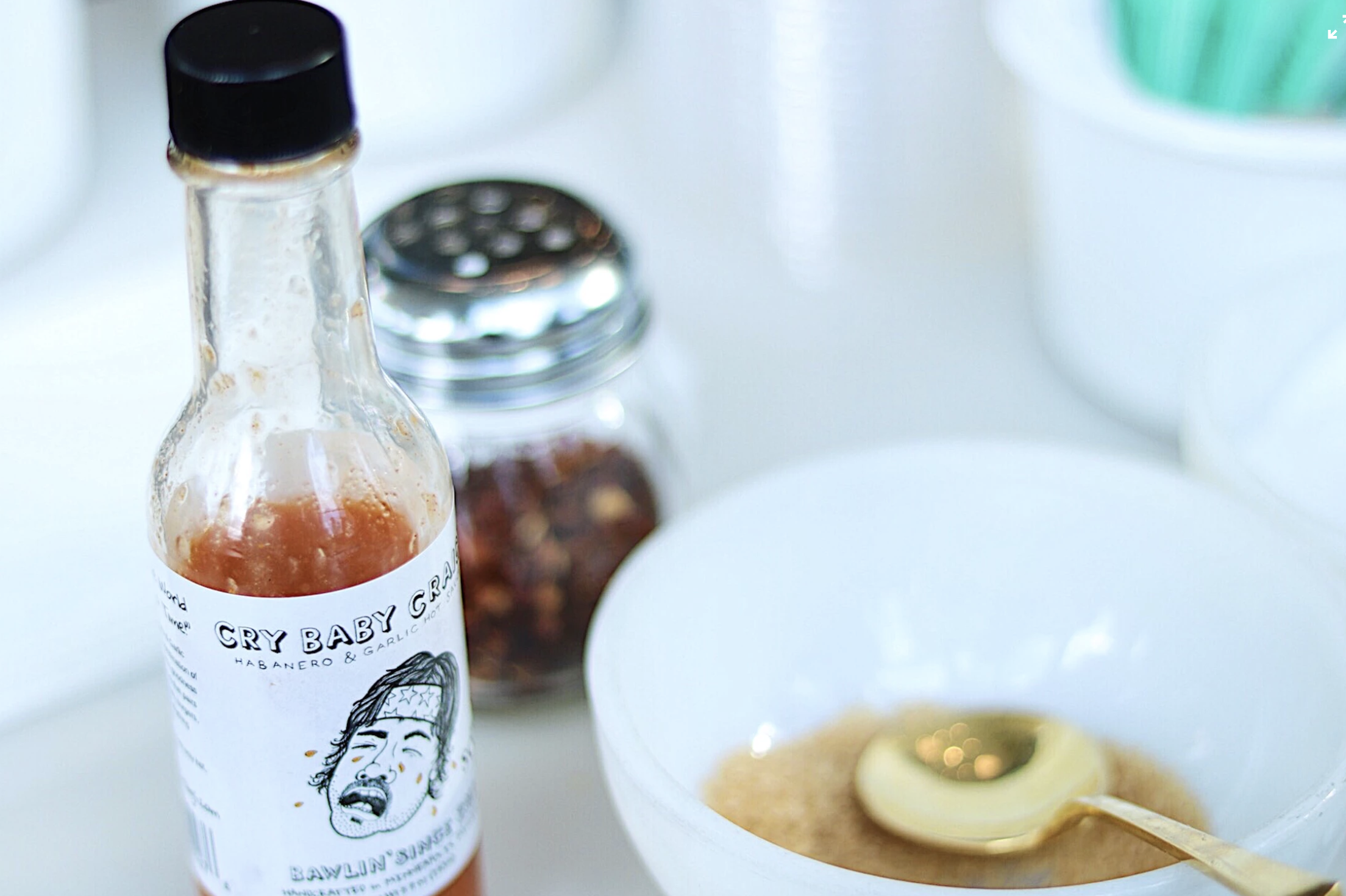
If you’d like to sell your own hot sauce, there are some things you’ll need to know to set up a successful home food business. Of course, you’ll start with your unique hot sauce recipe. Hone your sauce by sharing it with friends and family in informal settings, like pot-lucks. Learn good food safety techniques, including canning, to seal your product. In addition to all of the work of developing your own product and bringing it to market, when you’re selling your own hot sauce, you must also know and follow all the relevant food safety laws.
FDA Oversight
Decide if you’re selling only within your own state or nationally. Vendors who only sell within their own state may be exempt from some FDA rules. One example is the facility rule, which requires that home food businesses register with the FDA as food facility. It may be possible for you to rent time in a commercial kitchen, allowing you to use an FDA-compliant facility at a far lower cost than maintaining one yourself.
Following State Law
Check out your state’s cottage food laws. Some states allow home kitchens to produce commercial food, while others require inspections and certifications. Your local health department may oversee home food production in your area, so that is a good resource for information. Highly perishable foods often have many more restrictions than others. However, hot sauce is not usually classed as a highly perishable food because of its acidity and because the bottles are processed in a hot water bath during sealing.
Allergen Testing
Many states require that you disclose any potential allergens, including wheat and peanuts, on the label. Considering the severity of the penalties for mislabeling allergens, it’s well worth it to invest in allergen testing (and in some situations, it may be required). Allergens are just one aspect of food labeling that must be compliant with state and federal laws.
Identifying Sources
Plan ahead for changes in the price of your ingredients, and consider growing some herbs and spices at home to cut costs and ensure availability. You might want to source ingredients locally to appeal to ecological concerns and the farm-to-table crowd. Remember to evaluate if the sauce recipe you’re planning on using is suitable for brewing in large batches as your company grows.
Finding Selling Opportunities
Start small and scale up gradually so you don’t get overwhelmed. To begin, rent space at farmer’s markets and county fairs, where you can start selling your hot sauce. Another option is local stores, such as gift shops, which are often on the lookout for unique, locally produces goods. Selling your hot sauce online is also an option. Think of your branding. Make your image be recognizable at a glance. You can start an online business and gain a following on Instagram following food blogs and posts. Whichever, sales venues you choose, following food safety laws and paying attention to the quality of your product will help you be successful.


